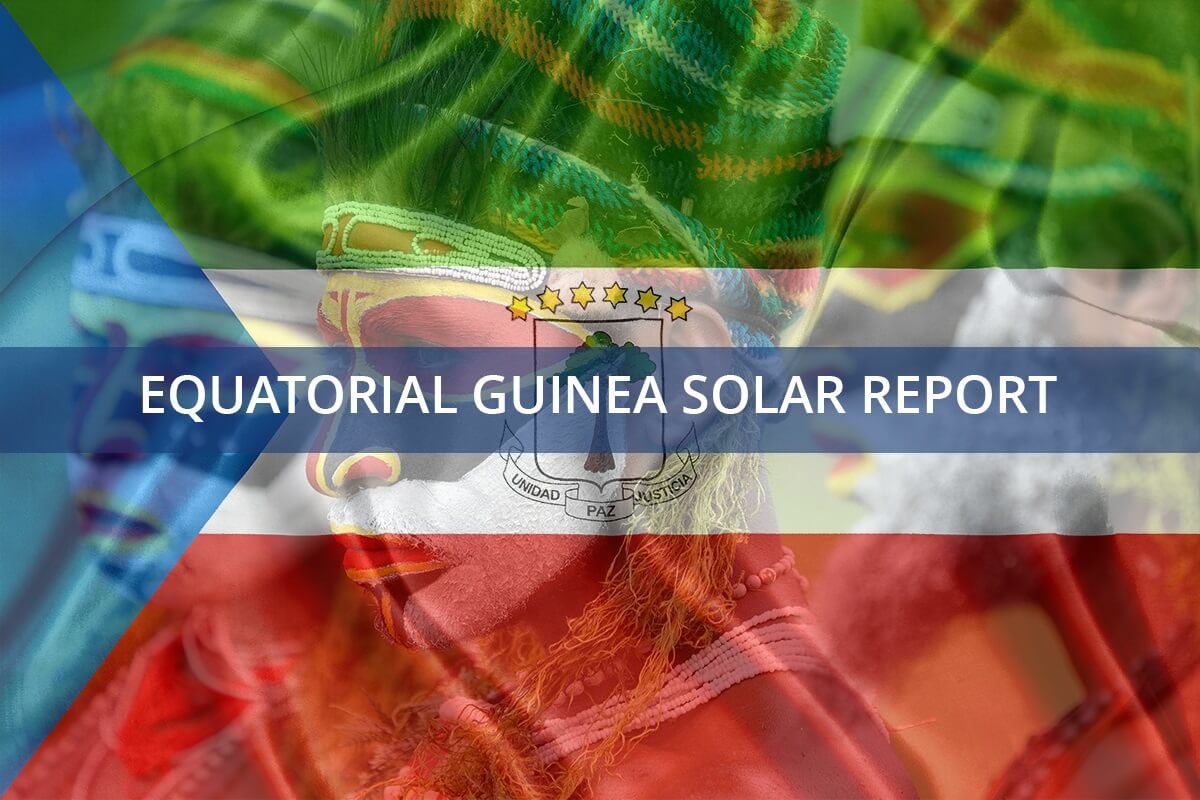The West African Development Bank has approved a $78 million loan to Guinea-Bissau to support the construction of a 20 MW solar power plant aimed at reducing the country’s dependency on fossil fuels and boosting its renewable energy capacity.
Guinea-Bissau solar energy plant project overview
The West African Development Bank (BOAD) has taken a significant step toward advancing renewable energy in Guinea-Bissau. The bank’s board of directors has approved a $78 million loan for the construction of a 20 MW solar power plant in the capital, Bissau. This project is a key part of Guinea-Bissau’s strategy to lessen its reliance on fossil fuels and diversify its energy sources.
The solar power plant is expected to play a crucial role in Guinea-Bissau’s energy sector, which currently relies heavily on fossil fuels. The new facility will help the country transition toward a more sustainable and environmentally friendly energy model. By increasing the share of renewable energy in its electricity mix, Guinea-Bissau aims to reduce its carbon footprint and contribute to global efforts to combat climate change.
Financial support for Guinea-Bissau solar energy from BOAD and partners
The total cost of the solar power plant project is valued at $78 million. The West African Development Bank will provide the majority of the funding through a loan agreement. Additionally, the project will receive support from other development partners, including the African Development Bank (AfDB) and the European Union (EU). These institutions have been actively involved in promoting renewable energy projects across the region, and their support for Guinea-Bissau’s solar power plant underscores their commitment to sustainable development. Learn more about the financial support and partners involved.
The solar power plant is expected to be completed within the next few years, significantly boosting Guinea-Bissau’s renewable energy capacity. Once operational, the plant will not only reduce the country’s dependence on imported fossil fuels but also enhance energy security and provide a more reliable electricity supply to homes and businesses.
Economic and energy sector impact of Guinea-Bissau solar energy
The solar power plant is projected to generate approximately 20 MW of electricity, which will be fed into the national grid. This additional capacity will help meet the growing demand for electricity in Guinea-Bissau, particularly in urban areas where energy consumption is rising. The project is also expected to create jobs during the construction phase and contribute to the local economy through increased economic activity associated with the plant’s operations.
In addition to the environmental and economic benefits, the solar power plant will also have a positive impact on Guinea-Bissau’s energy infrastructure. The country has long struggled with an unreliable power supply, leading to frequent blackouts and disruptions. The introduction of solar power into the energy mix will help stabilize the electricity grid and provide a more consistent power supply to consumers.
Environmental and social benefits of Guinea-Bissau solar energy
The solar power plant is not only an investment in Guinea-Bissau’s energy future but also a commitment to environmental sustainability. By reducing the country’s reliance on fossil fuels, the project will help decrease greenhouse gas emissions and contribute to the global fight against climate change. Moreover, the use of solar energy will reduce air pollution, leading to improved public health outcomes for the population.
The project also aligns with Guinea-Bissau’s broader development goals, which prioritize sustainable economic growth and poverty reduction. Access to reliable and affordable electricity is essential for the country’s development, and the solar power plant will play a key role in achieving these objectives.
Guinea-Bissau solar energy as a model for sustainable development
Guinea-Bissau’s solar power plant project is a model for other countries in the region that are seeking to transition to renewable energy. The successful implementation of this project will demonstrate the viability of solar energy as a sustainable and cost-effective solution to the energy challenges facing many African nations.
The West African Development Bank’s support for this project reflects its commitment to promoting renewable energy and sustainable development across the region. By investing in projects like the Bissau solar power plant, the bank is helping to build a greener and more sustainable future for West Africa.

